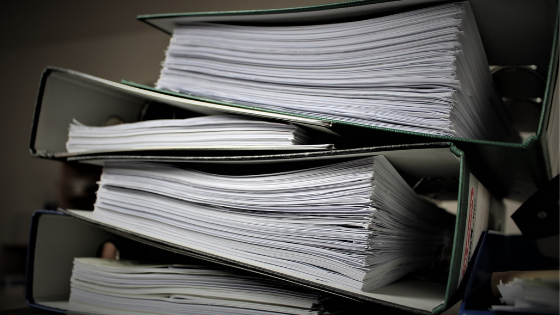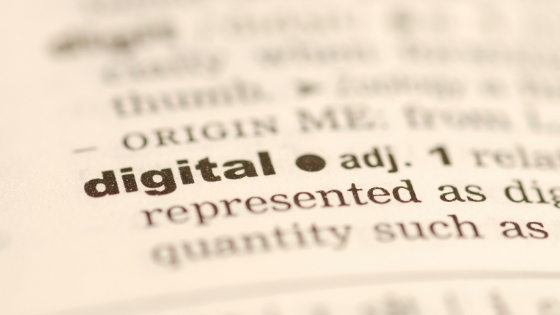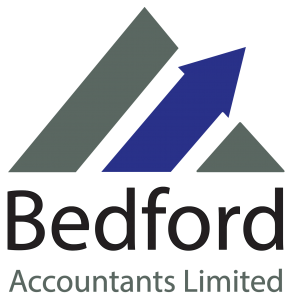As accountants we often get asked a lot of questions…we are, after all, the experts! We thought it may be useful for us to give you the answers to these in our latest blog.
What paperwork do I need?
Your bookkeeping records and your income and expenditure figures for your accounting year. We realise that not everyone is into paperwork and keeping records as we are! Bottom line is, as much information on the business figures as possible is a great start. It’s then our job to shift through it all…this is where our director, Becca comes into her own, she loves making order out of chaos so you are in very safe hands.

How do I pay my tax?
There are several ways to physically pay your tax; bank transfer, cheque, GIRO and debit/credit card online. Things you will need: your tax code or UTR. Simply head to https://www.gov.uk/pay-self-assessment-tax-bill for more information and for further details on accepted payments. Paying your tax is also something we can arrange for you as part of your service with us.
When do I need to register for VAT?
HMRC are pretty cut and dry on this one: you MUST register if your taxable turnover goes over £85,000 (otherwise known as the ‘Threshold’). Your VAT taxable turnover is the total of everything sold that is not VAT exempt. You can also voluntarily register for VAT should you so wish. It is worth bearing in mind if you expect in the next 30 days that you are going to breach the threshold then you must inform HMRC straight away. We realise this may sound a little daunting so please speak to us if you would like to find out more or if you are unsure https://bedfordaccountant.com/contact-2
Do I need to do anything for Making Tax Digital?
This is our favourite…as we are now in the official year of making tax digital the answer is yes AND no! Allow us to explain… You know we mentioned the Threshold (taxable turnover of £85,000 or more) in our last question? Well if you fall into this category then the answer is 100% yes! We realise that everyone has their own way of keeping records and submitting tax returns however – the government have made the decision to become one of the most digitally advanced tax administrations in the world which means we need to get on board. Digital records can be hugely beneficial to the running of your business and allow for forecasting when it comes to VAT. Now, what if you don’t fall into this category? Well then you do not need to worry about MTD…yet. A word of warning, with HMRC’s plans to continue to push and develop MTD it won’t be long before it’s rolled out to all businesses. Unsure of what software to go for? Please use this link to find out or get in touch with us and we can help: https://www.gov.uk/guidance/find-software-thats-compatible-with-making-tax-digital-for-vat

What level of salary and dividend is most tax efficient?
One of the differences between being paid by an employer and running your own business is having to arrange your own pay. You can do this by taking a salary from your limited company – in the same way as a regular employee. It’s usually tax efficient for most people to take a salary up to the Primary National Insurance threshold (£8,632 in 19/20 tax year). As the lower earnings limit is below the national insurance primary threshold, you’ll still accrue qualifying years for the state pension. If you go with down this road you won’t pay any more income tax or national insurance on it as long as it’s your only earnings. As a company director, you choose the amount of salary you are paid and that can depend on several different variables. Speak to us to find out more: https://bedfordaccountant.com/contact-2
Which is better, a limited company of a sole trader?
That really depends on the turnover of the business. We’ve mentioned the threshold previously and our recommendation would be to go limited once you’ve breached it and want to continue to grow. There are benefits to both, a limited company is a separate legal entity that you can form to run your business. As a director, you will be responsible for legal and financial decisions The company’s assets and liabilities are completely separate from your own finances. If you are a sole trader, you run your own business as an individual and are self-employed. You can keep all your business’ profits after you’ve paid tax. You are personally responsible for any losses your business makes.
What are the benefits of being a limited company?
A limited company comes with a perceived professionalism which can instil confidence. As it is a separate legal entity your personal assets are protected which means that cannot be taken from you should your company experience financial difficulties. The company will also have its own credit rating which can support borrowing should the business need it. It is also worth noting, if you are just starting out and deciding which to go for you can adjust from sole trader to limited company.
We hope you have found this useful, if you have any other questions, please get in touch: https://bedfordaccountant.com/contact-2

